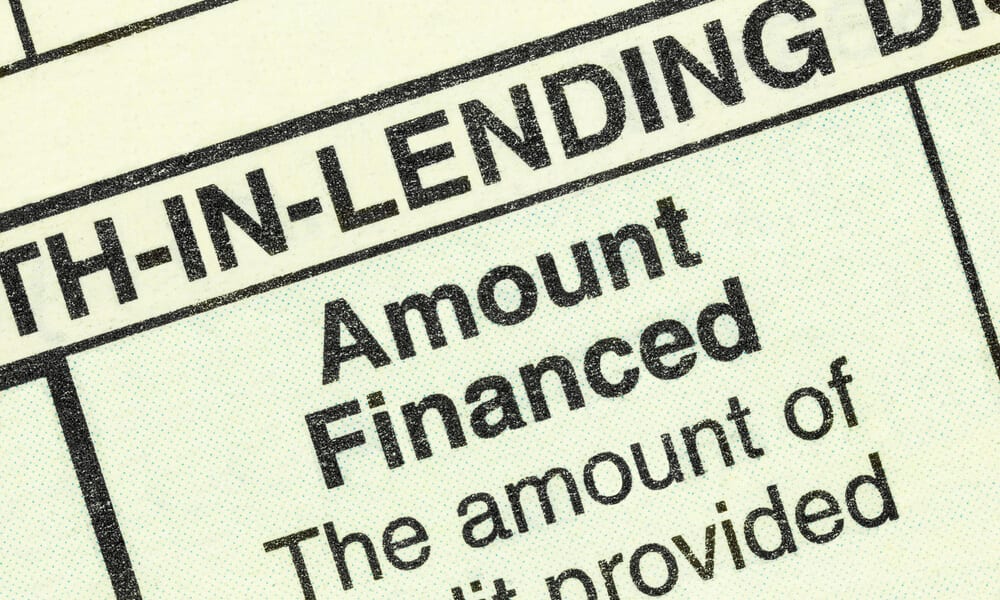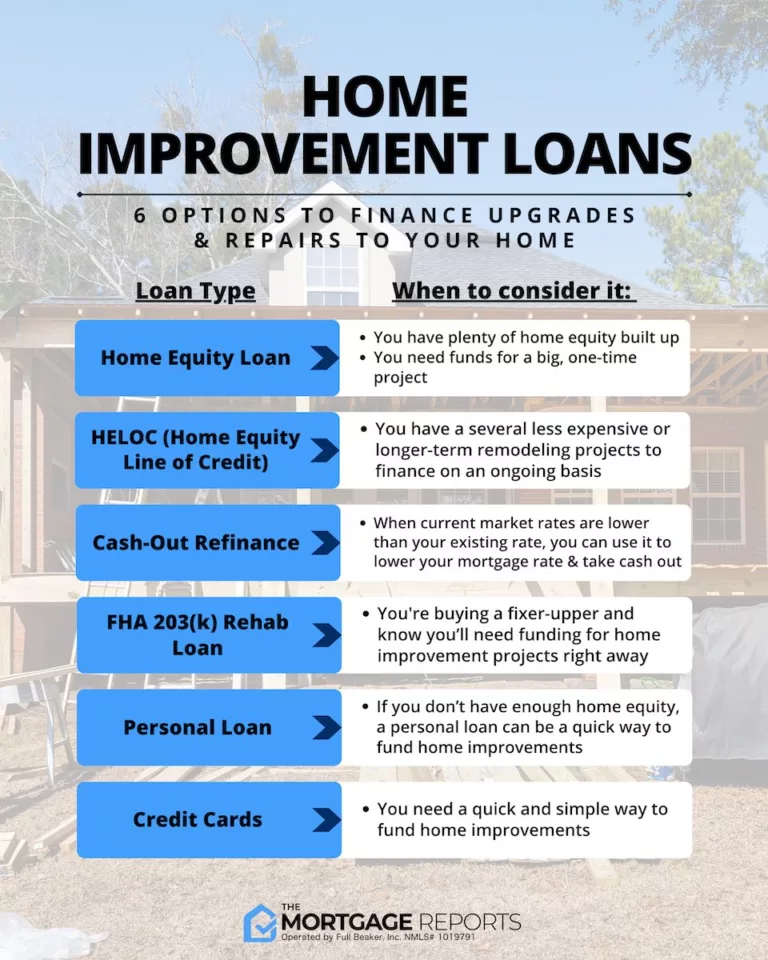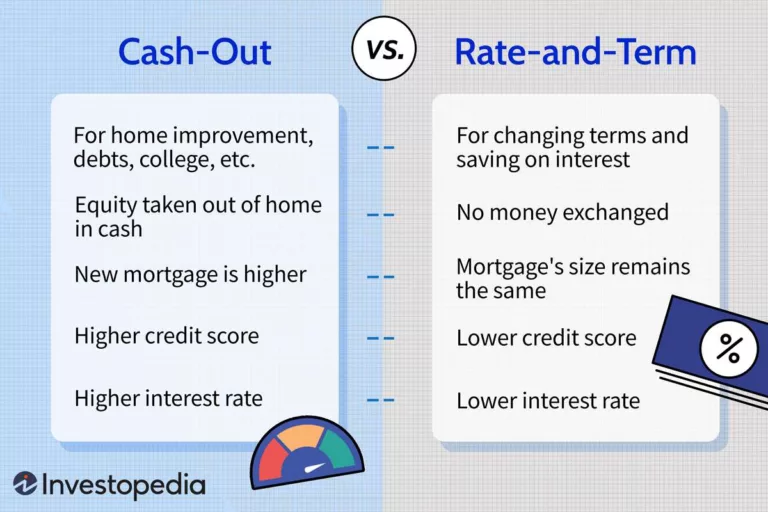Can a Mortgage Company Refuse Payment? Discover the Ultimate Truth!
Yes, a mortgage company can refuse payment if the homeowner fails to meet the agreed terms of the loan agreement or if there are other valid reasons for denial. When seeking a mortgage, it is important to understand the terms of the loan agreement and fulfill all payment obligations to avoid any possibility of payment rejection.
This article will discuss the reasons why a mortgage company may refuse payment, explore common issues leading to payment denial, and provide insights on how homeowners can prevent such situations. Understanding the mortgage company’s policies, maintaining good communication, and seeking professional advice when needed can help ensure a smooth payment process and maintain a healthy mortgage relationship.
Let’s delve into the factors that can lead to payment refusal and how to navigate them effectively.

Credit: www.nationalnotary.org
Understanding Mortgage Payments
How Mortgage Payments Work
Mortgage payments are the monthly installments that homeowners make to repay their home loans. When you secure a mortgage, you are borrowing money from a lender to purchase a property. In return, you agree to make regular payments over a specified period of time until the mortgage is fully paid off.
The majority of mortgage payments consist of two primary components: principal and interest. The principal refers to the actual amount you borrowed, also known as the loan balance. The interest, on the other hand, is the cost of borrowing the money. It is a percentage of the remaining principal that is added to each payment.
Let’s break down the mortgage payment further:
- Principal: This portion of the payment goes directly towards reducing the outstanding loan balance.
- Interest: The interest is the lender’s profit and compensation for providing you with the loan.
In addition to the principal and interest, your mortgage payment might also include other costs, such as property taxes or homeowners insurance. These extra expenses are usually put into an escrow account managed by the mortgage company to ensure they are paid when due.
Importance Of Timely Payments
Timely mortgage payments are crucial to maintain a good relationship with your lender and protect your homeownership. Missing or delaying payments can have serious consequences:
- Damage to Credit Score: Late payments can negatively impact your credit score, making it harder to secure future loans and mortgages.
- Accumulation of Late Fees: Mortgage companies often charge late fees for missed or delayed payments, increasing your financial burden.
- Risk of Foreclosure: Continuous failure to make mortgage payments may result in foreclosure, where the lender legally takes possession of your property.
It is essential to prioritize mortgage payments and ensure they are made on time. Set up automatic payments or create reminders to help you stay organized and avoid potential consequences.

Credit: www.amazon.com
Can A Mortgage Company Refuse Payment?
A mortgage company does have the right to refuse a payment, but it is rare. They may refuse payment if it does not meet certain requirements or if it is suspected to be fraudulent.
Homeownership is a significant milestone in many people’s lives, but it comes with financial responsibilities, such as paying your mortgage on time. But what if your mortgage company refuses your payment? Can they actually do that?
Common Reasons For Payment Refusal
There are a few common reasons why a mortgage company may refuse payment. It’s important to be aware of these possibilities to avoid any potential issues:
- Outstanding Balance: If you have an outstanding balance on your mortgage account, the mortgage company may refuse your payment until the balance is cleared. In such cases, it’s crucial to communicate with your lender and address the outstanding balance promptly.
- Default or Late Payments: Mortgage companies expect payments to be made on time. If you consistently default or make late payments, your mortgage company may refuse your payment. It’s important to stay on top of your payment schedule and communicate any unforeseen circumstances that may affect your ability to make timely payments.
- Escrow Shortage: If your mortgage company handles your property taxes and insurance through an escrow account, they may refuse a payment if there is a shortage in your escrow account. This can occur if your property taxes or insurance premiums increase without an adjustment in your monthly payments. It’s crucial to review your escrow statements regularly and address any shortages promptly.
- Incorrect Payment Amount or Incomplete Information: Mortgage companies may refuse a payment if the amount submitted is incorrect or if vital information, such as the loan number or borrower’s account details, is missing. Always double-check the payment details before submitting it to avoid any potential issues.
Legal Implications
While a mortgage company does have the right to refuse payment in certain circumstances, it is essential to understand the legal implications associated with such actions. Refusing payment without valid reasons can lead to legal disputes and potential consequences for the mortgage company. It’s always advisable to seek legal counsel if you believe your mortgage company wrongfully refused a payment.
Dealing With A Mortgage Company That Refuses Payment
If you find yourself in a situation where your mortgage company refuses payment, it can be an overwhelming and frustrating experience. It’s crucial to take the right steps to address this issue promptly and effectively. In this article, we’ll explore two essential approaches to deal with a mortgage company that refuses payment: Communication and Documentation, and Seeking Legal Advice.
Communication And Documentation
When facing a mortgage company that refuses payment, open and clear communication becomes paramount. It’s essential to reach out to your mortgage company promptly to understand the reason behind their refusal and find a resolution. Here are some steps you can take:
- Call the mortgage company’s customer service line or the specific department that handles payment-related issues. Clearly explain the situation and ask for clarification on why your payment is being refused. Take note of the representative’s name, date, and time of the conversation for future reference.
- Listen attentively to the reasons provided by the mortgage company. Ensure you fully understand their concerns, such as late payment, insufficient funds, or potential errors in the payment process.
- Offer to rectify the issue immediately, if applicable. If the refusal is due to a simple error, such as an incorrect bank account number or a missed due date, propose a solution to remedy the situation. Be proactive in finding a resolution that satisfies both parties.
- Request documentation or proof of the mortgage company’s refusal. This can be valuable evidence for any future dispute resolution or legal action.
- Document every interaction with the mortgage company, including phone calls, emails, and letters. Keep all written correspondence and make sure to maintain a record of important details such as names, dates, and the content of discussions.
Seeking Legal Advice
If the issue persists or escalates, you may need to seek legal advice to protect your interests. While it’s beneficial to communicate with the mortgage company, consulting with an attorney with expertise in real estate law can provide you with valuable guidance. Here’s what you should consider:
- Find an experienced attorney who specializes in mortgage-related cases. Seek recommendations from trusted sources, or conduct online research to identify suitable legal professionals.
- Share your situation, including all relevant documentation and details, with the attorney. Be transparent about any actions you have taken thus far and gather their professional opinion on the matter.
- Follow the attorney’s advice on the next steps to take. They may suggest negotiating with the mortgage company, filing a formal complaint, or initiating legal action if necessary. Their expertise will help you navigate through the complex legal aspects smoothly.
- Continue to maintain a record of all communication and interactions related to your case. Documenting these exchanges will further support any potential legal action.
Remember, dealing with a mortgage company that refuses payment requires proactive communication, thorough documentation, and potentially seeking legal advice. By taking these steps, you can better understand the situation, address any concerns raised, and work towards a resolution.
What To Do To Avoid Payment Refusal
When it comes to your mortgage payments, the last thing you want is for your mortgage company to refuse payment. To prevent this from happening, there are a few important steps you should take. By maintaining good communication, meeting your financial obligations, and being proactive in resolving any issues, you can ensure that your mortgage payments are never refused.
Maintaining Good Communication
One of the key ways to avoid payment refusal is to maintain good communication with your mortgage company. This means staying in touch and keeping them informed of any changes in your personal or financial situation. By doing this, you can prevent any misunderstandings or confusion that may arise regarding your payments.
Here are a few tips for maintaining good communication:
- Provide updated contact information, such as your phone number and email address.
- Notify your mortgage company promptly if you change your address.
- Inform them if there are any changes to your employment or income.
Meeting Financial Obligations
Meeting your financial obligations is crucial in ensuring that your mortgage payments are not refused. This means being responsible with your finances and making sure you have enough funds to cover your monthly payment. If you are struggling to meet your obligations, it’s important to reach out to your mortgage company as soon as possible to discuss your situation.
Here are some steps you can take to meet your financial obligations:
- Create a budget to track your income and expenses.
- Make your mortgage payment a priority and pay it on time.
- Consider setting up automatic payments to avoid forgetting.
- If you encounter financial difficulties, reach out to your mortgage company to explore possible solutions.
Being Proactive
Being proactive is key in avoiding payment refusal. This means taking action at the first sign of any potential issues. Instead of waiting for a problem to escalate, address it proactively and work towards a resolution with your mortgage company.
Here are some steps you can take to be proactive:
- If you have concerns about your payment, contact your mortgage company immediately.
- Keep detailed records of all communication with your mortgage company.
- Stay informed about your rights and responsibilities as a borrower.
- Consider seeking assistance from a housing counselor if you need help navigating the mortgage process.
By following these steps and taking a proactive approach, you can greatly reduce the chances of your mortgage company refusing your payment. Remember, open communication, meeting your financial obligations, and being proactive are key in ensuring a smooth and worry-free mortgage payment experience.

Credit: www.debt.org
Frequently Asked Questions For Can A Mortgage Company Refuse Payment
What Happens When Mortgage Company Refuses Payment?
If a mortgage company refuses payment, it can lead to serious consequences such as late fees, credit damage, and even foreclosure. It is crucial to communicate with the mortgage company to resolve any issues promptly and seek legal advice if needed.
How Long Can You Go Without Paying Your Mortgage?
You can go without paying your mortgage for a certain period, but it varies. It’s important to communicate with your lender to discuss options and avoid foreclosure.
Why Was My Mortgage Payment Rejected?
Your mortgage payment may have been rejected due to insufficient funds, an error in the payment details, a late payment, or a technical issue in the payment processing system. Contact your lender for more information and resolve the issue promptly.
Why Would A Mortgage Company Return A Payment?
A mortgage company may return a payment if it is incorrect, late, or if there are insufficient funds.
Conclusion
To sum up, the decision of a mortgage company to refuse payment is not common but can happen in certain circumstances. It is crucial for borrowers to understand the terms and conditions of their mortgage agreements and communicate with their lender if they face financial difficulties.
By staying informed and seeking professional advice, borrowers can navigate potential issues and maintain a healthy financial relationship with their mortgage company.




